Key Aspects in Supporting Youth Skills Development
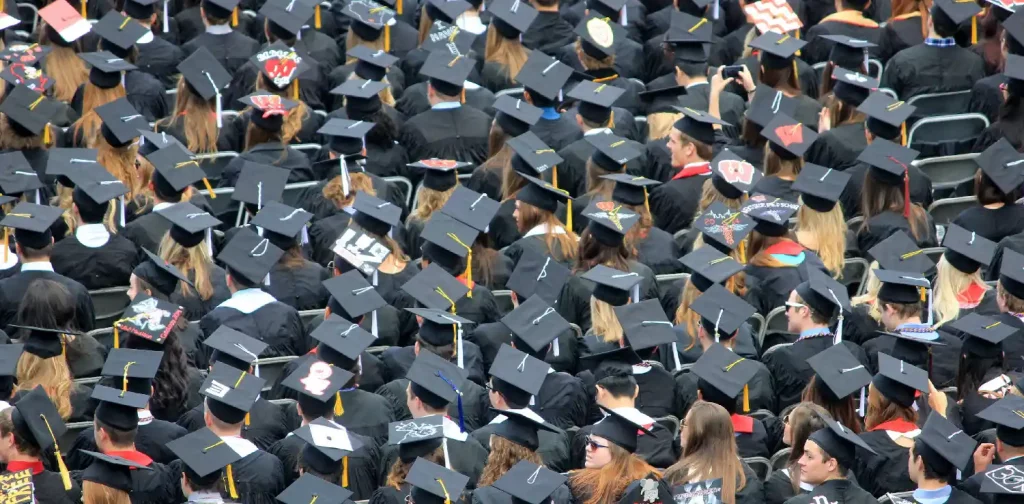
Photo: Good Free Photos on Unsplash.
Youth is the future. More than that, they also have a hand in how the world is pushing for change for the better today. With climate change, humanitarian crises, cost-of-living crises, and other threats to their future, young people are moved – sometimes pushed – to growth. Then, how can we support the development of youth skills so they can be as passionate, critical, creative, and capable as they can be?
Teachers’ Support
Teachers and other education personnel are the primary facilitators of education, and their roles are crucial in the development of children and youth. Unfortunately, the mistreatment of teachers is one of the main factors of the global education crisis, like the one in Lebanon.
The education workforce faces teacher shortages, bad working conditions, and other challenges. UN Secretary-General António Guterres believes that a fundamental change is needed. He says, “Teachers are often poorly trained, undervalued, and underpaid, and are held back by outdated roles, methods, and tools of instruction.”
In the current rapidly changing landscape, teachers must also change and grow. Supporting the transformation of teachers and the education workforce system will enable them to facilitate the development of youth skills better.
Youth Skills for All
Supporting youth skills development includes ensuring all youths can benefit from the support. Most of the time, the ones who need the most support are the ones left behind. Even technological developments that should connect everyone lead to a digital gap due to unequal access.
Paying attention to the needs of youths in vulnerable groups is key. There are many options to ensure inclusive development of youth skills, such as improving access to quality books, advancing multilingual education, implementing policies that support children with disabilities, and embracing the neurodiversity movement.
Sustainability Education & Digital Skills
The scope of education and work is changing. Two of the ‘new’ basic 21st-century skills are sustainability and technology. Equipping youth with these skills can help them secure future jobs, contribute, and thrive in life.
Young learners have expressed interest and urgency in learning about sustainability and the green economy sector. Advancing youth’s digital skills and sustainability education can be done in many ways, such as through programs like the Global Schools, Greening Education Partnership, or the UNDP-Microsoft collaboration. On the other hand, schools can also imbue sustainability into their curriculums to facilitate the sustainable development journey of students, teachers, and the entire school ecosystem.
Meaningful Youth Engagement
Youth have been increasingly present in various sustainable development issues. However, Vladislav Kaim, a UN Secretary-General’s Youth Advisory Group member, cautioned against celebrating this too much. At SDG Moment 2021, he noted, “These efforts are, in fact, supplementing the leadership that is lacking at the level of public policy, at the highest political level where the decisions are actually taken, at where we’re still absent.”
Young people are the ones with the highest stake in the future. So, their meaningful engagement in various sectors can help inform what changes are actually needed. Youth’s involvement in leadership, digital activism, sustainability campaigns, global communities, education, the food system, and others will impact not only themselves but also the rest of the world.

If you find this content useful, please consider subscribing to Green Network Asia.
Your subscription will give you access to our interdisciplinary and cross-sectoral insights on sustainability-related issues and sustainable development across the Asia Pacific and beyond, strengthening your personal and professional development while supporting GNA’s financial capacity to continue publishing content dedicated to public education and multi-stakeholder advocacy.
Select Your Subscription Plan
Nazalea Kusuma
Naz is the Manager of International Digital Publications at Green Network Asia. She is an experienced and passionate writer, editor, proofreader, translator, and creative designer with over a decade of portfolio. Her history of living in multiple areas across Southeast Asia and studying Urban and Regional Planning exposed her to diverse peoples and cultures, enriching her perspectives and sharpening her intersectionality mindset in her storytelling and advocacy on sustainability-related issues and sustainable development.


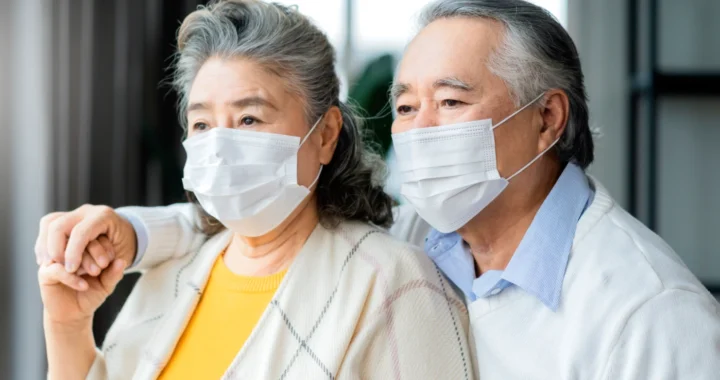 Air Pollution Is Linked to Higher Dementia Risk
Air Pollution Is Linked to Higher Dementia Risk 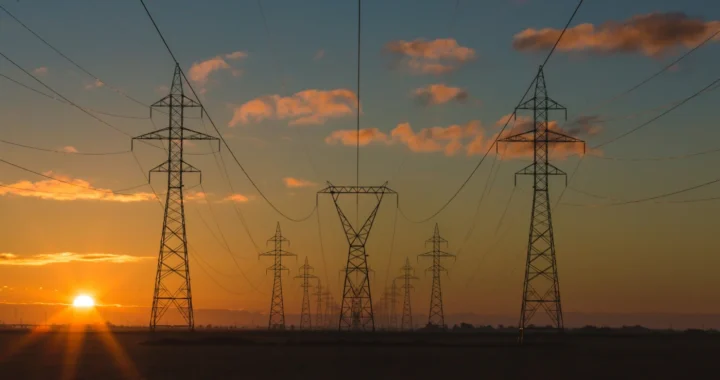 Developing Financing Initiatives for the ASEAN Power Grid
Developing Financing Initiatives for the ASEAN Power Grid 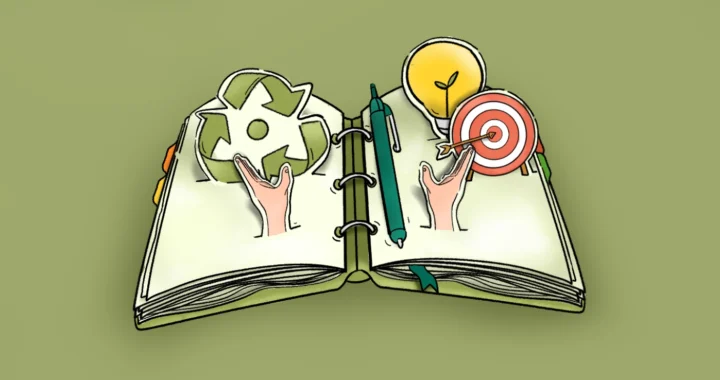 Imparting Actionable Knowledge Through Sustainability Training Activities
Imparting Actionable Knowledge Through Sustainability Training Activities 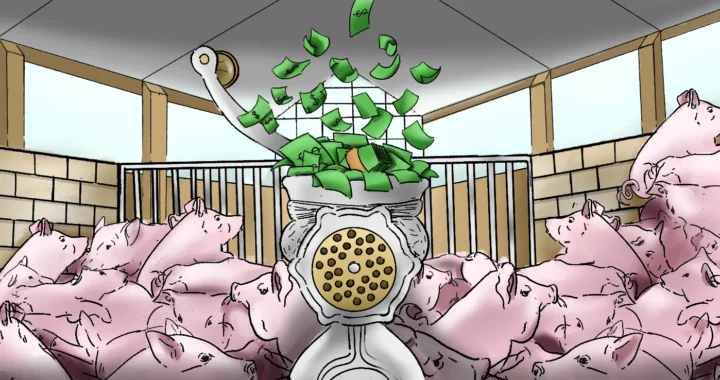 Stop Funding Factory Farming in Vietnam: Pathway to Financing a Just and Sustainable Food System
Stop Funding Factory Farming in Vietnam: Pathway to Financing a Just and Sustainable Food System  When Green Turns Excessive: The Overproduction and Overconsumption of Reusables
When Green Turns Excessive: The Overproduction and Overconsumption of Reusables 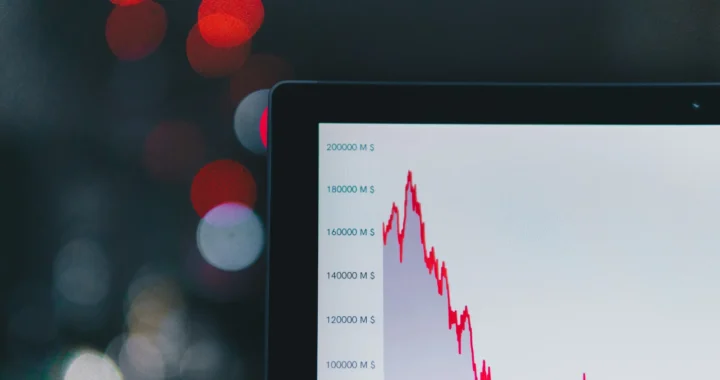 SDG Venture Scaler Aims to Drive Sustainable Investment in Southeast Asia
SDG Venture Scaler Aims to Drive Sustainable Investment in Southeast Asia